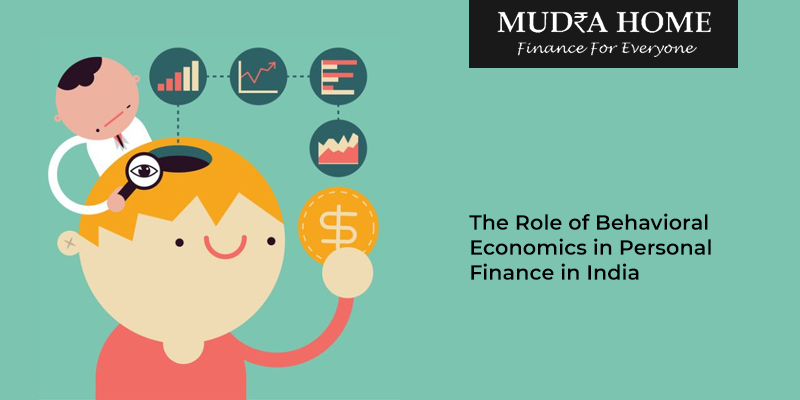
Personal finance is an essential aspect of our lives, and making informed financial decisions is crucial for achieving our long-term financial goals. In India, where a rapidly evolving financial landscape is combined with diverse economic conditions, the role of behavioral economics in personal finance cannot be overstated. Behavioral economics is a field that studies the psychological and emotional factors influencing economic decisions, and it can provide valuable insights into improving financial well-being in India.
Behavioral economics is the study of how psychological and emotional factors can influence financial decision-making. Traditional economic theory assumes that individuals are rational, utility-maximizing agents who make decisions solely based on self-interest. However, in reality, people often deviate from purely rational behavior and are influenced by emotions, cognitive biases, and social influences.
In India, where cultural and societal factors play a significant role in shaping financial behavior, behavioral economics can be particularly insightful. Indian society places a strong emphasis on family, and many financial decisions are made with the welfare of the family in mind. Behavioral economics helps us understand how these social and emotional factors influence choices about saving, investing, and spending.
While behavioral economics can offer valuable insights into personal finance in India, there are also challenges to its implementation. Cultural and regional variations within India can make it difficult to apply one-size-fits-all solutions. Additionally, limited financial literacy in some parts of the country may hinder the effectiveness of behavioral interventions.
However, these challenges also present opportunities. Tailoring financial education and interventions to specific cultural and regional contexts can lead to more successful outcomes. For example, using local languages and customs in financial education materials can make them more accessible to a broader population.
The role of behavioral economics in personal finance in India is undeniable. It provides a deeper understanding of the psychological and emotional factors influencing financial decisions, helping individuals make better choices for their long-term financial well-being. By acknowledging the cultural and regional nuances in India, we can use behavioral economics to nudge people toward more rational financial decisions and improve financial literacy across the country. With these insights, we can work towards a financially secure and prosperous future for all Indians.